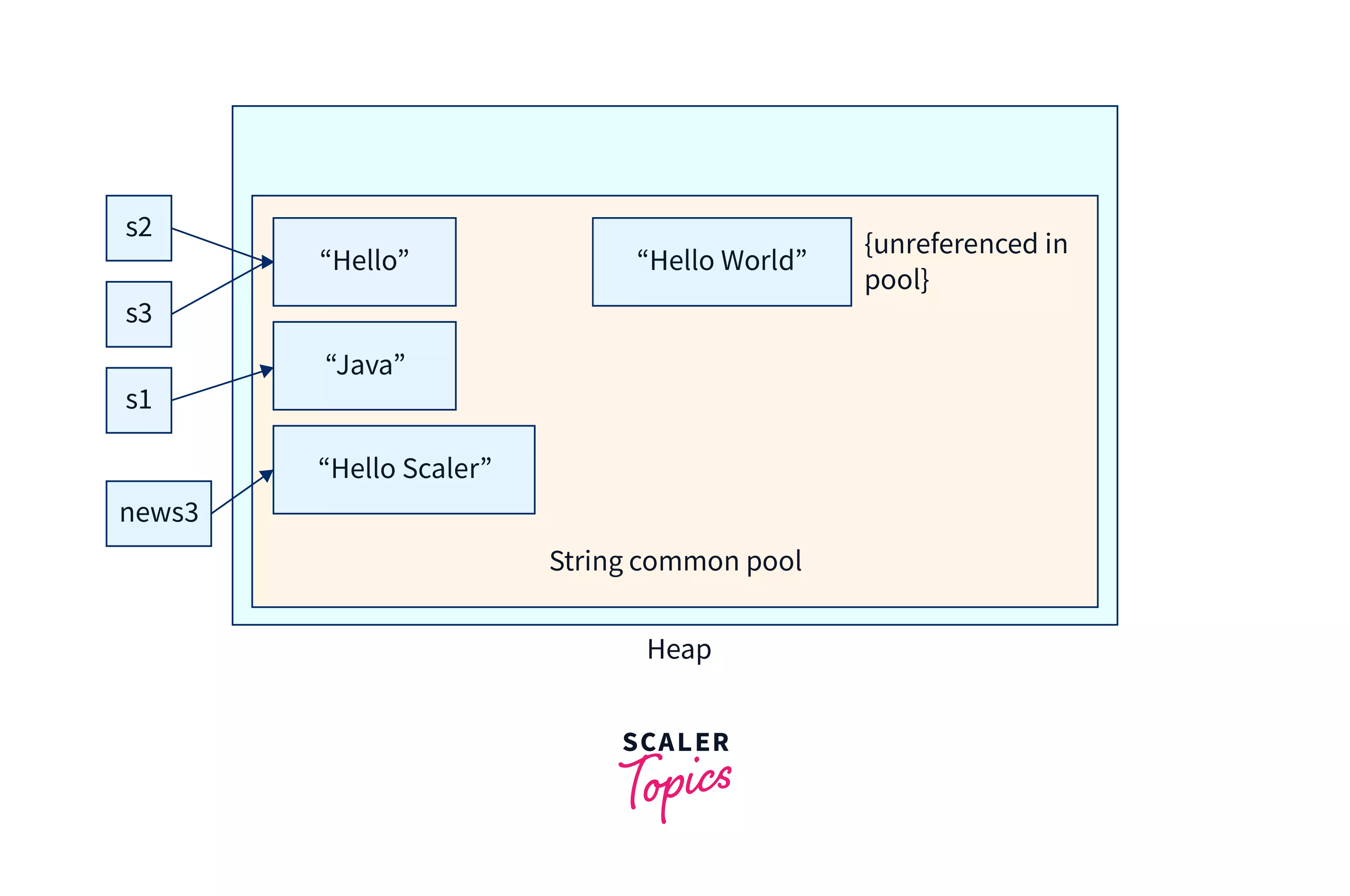Why Are Strings Immutable in Java? Essential Knowledge for Programmers
Why Are Strings Immutable in Java? Essential Knowledge for Programmers
Blog Article
What Is Immutable Strings and How It Works
In the world of shows, understanding the principle of immutable strings is critical for creating protected and durable applications. Unalterable strings refer to strings that can not be altered after they are created, making sure data honesty and predictability within the code.
The Basics of Immutable Strings
Unalterable strings, as a basic idea in shows, are character series that can not be altered once they are developed. This suggests that as soon as a string is appointed a worth, that value can not be changed. In languages like Python and Java, strings are unalterable things, bring about numerous ramifications in regards to memory monitoring and information integrity.
One of the crucial advantages of unalterable strings is that they offer a complacency in data manipulation. Since the material of an immutable string can not be modified, it makes sure that the initial data continues to be intact, lowering the risk of unintended changes throughout program implementation (Why are strings immutable in Java?). This home additionally simplifies debugging procedures, as designers can rely on that once a string is specified, its value will certainly not be inadvertently altered
Furthermore, unalterable strings help with effective memory use. When a new string is developed based upon an existing one, instead than customizing the original string, the brand-new worth is kept independently. This strategy enhances performance by minimizing memory fragmentation and streamlining memory allotment processes. On the whole, understanding the basics of immutable strings is critical for understanding shows concepts and optimizing code performance.
Benefits of Immutable Strings
Structure upon the security and efficiency advantages of unalterable strings, their advantages reach enhancing code dependability and simplifying simultaneous programs jobs. By being unalterable, strings can not be customized after production, which removes the threat of unplanned changes in the data they save. This intrinsic immutability guarantees that once a string is developed, its value continues to be continuous throughout the program's execution, decreasing the chances of bugs created by unanticipated modifications.
Additionally, immutable strings add to code reliability by making it less complicated to reason about the state of a program. Considering that strings can not be changed, programmers can trust that a string will certainly always hold the same value, streamlining debugging and maintenance initiatives. This predictability brings about a lot more reliable and stable codebases.

Implementation in Programming Languages
Within numerous programs languages, the consolidation of immutable strings is a basic facet that impacts just how information is handled and controlled within code frameworks. The application of unalterable strings varies throughout different programming languages, with each language providing its own devices to sustain his explanation this concept.

On the other hand, languages like C and C++ do not have built-in assistance for unalterable strings. Developers in these languages have to by hand apply immutability by implementing guidelines within their code to stop straight adjustments to string items.
Best Practices for Collaborating With Immutable Strings
When handling unalterable strings in shows languages like Java and Python, adhering to best practices ensures effective and safe data control. One of the essential ideal practices is to use StringBuilder or StringBuffer rather than straight controling strings, specifically when handling considerable concatenation procedures. These classes offer mutable choices for string adjustment, assisting to avoid unneeded memory allowances and boosting efficiency.
Additionally, when functioning with sensitive data such as passwords or API keys, it is essential to stay clear of saving them as ordinary message in unalterable strings. Utilizing secure storage mechanisms like char arrays or specialized collections for dealing with delicate details assists mitigate protection threats connected with immutable strings.
Real-world Applications and Instances
Checking out functional executions of immutable strings in numerous industries reveals their substantial influence on information stability and system reliability. In the healthcare field, unalterable strings play an essential role in making certain the protection and confidentiality of client data. By protecting against unapproved adjustments to sensitive information such as medical documents and prescriptions, unalterable strings assist preserve conformity with rigorous personal privacy regulations like HIPAA.
Banks likewise gain from the immutable nature of strings to boost the safety of customer data and deal records. Immutable strings assist avoid scams and unapproved article source alterations to economic details, providing a robust defense versus cyber threats and making certain the trust fund and self-confidence of customers.

Conclusion
Finest techniques for working with immutable strings include avoiding straight modifications and using approaches that return brand-new string things. Real-world applications of unalterable strings consist of data file encryption, caching, and string adjustment tasks.
Immutable strings refer to strings that can not be altered after they are produced, ensuring information stability and predictability within the code. When a brand-new string is developed based on an existing one, rather than modifying the original string, the brand-new value is saved independently.In languages like Java and Python, strings are unalterable by default, implying that once a string object is developed, its value can not be altered - Visit Website Why are strings immutable in Java?. Finest methods for working with immutable strings include preventing direct adjustments and making use of techniques that return new string objects. Real-world applications of immutable strings include data encryption, caching, and string manipulation jobs
Report this page